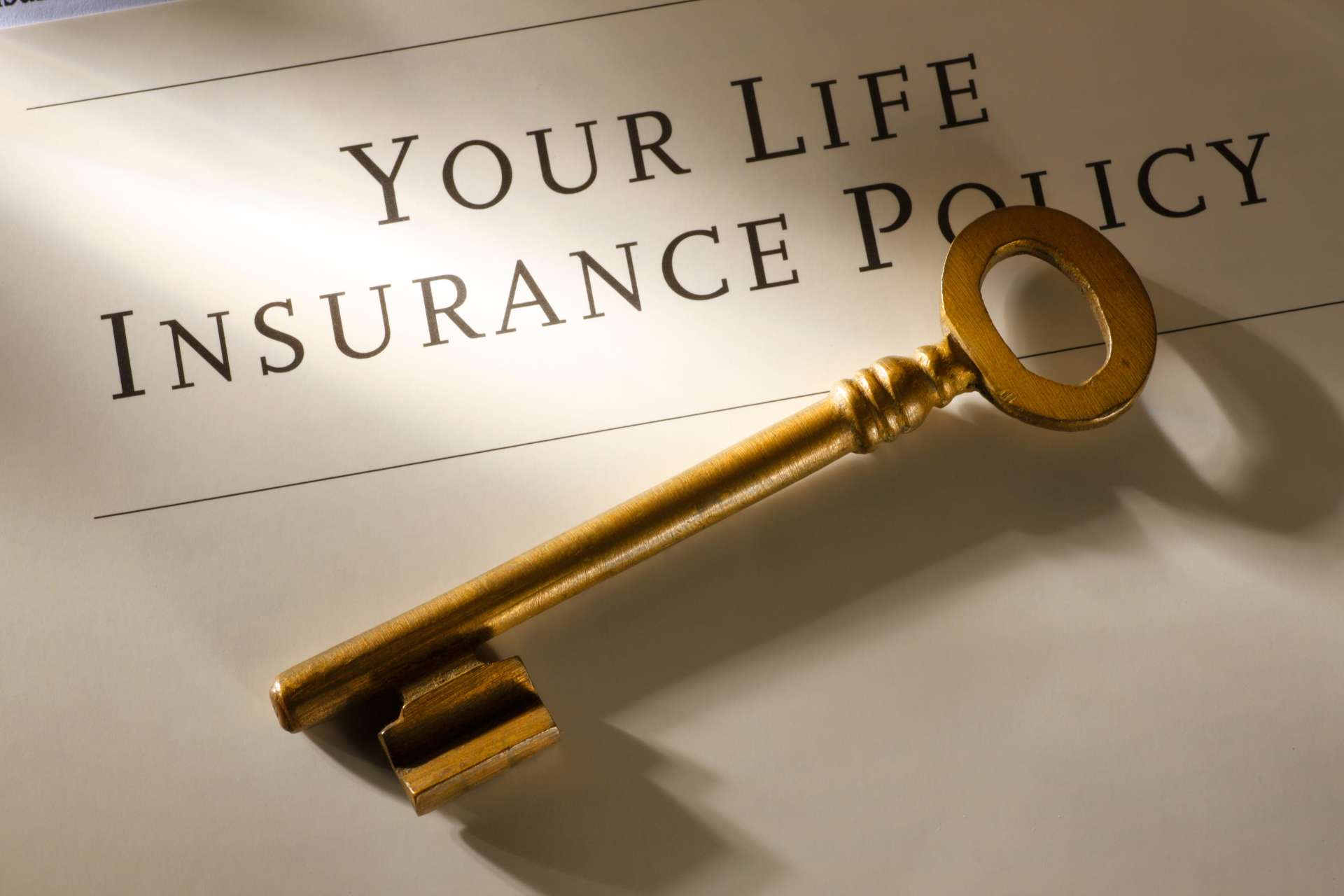Leaving a House to Heirs
Let's face it, your children may have different ideas about whether to live in, sell or keep the house you own. To prepare for a smooth and efficient transfer of your home, think about your goals and financial situation. Ask your family about their expectations. Anticipate that the conversation, though necessary, may be difficult. You might want to recruit a neutral friend or family member to help facilitate the dialogue.
In the discussion, you want to explore taxes and transaction costs, avoid hurt feelings and not disrupt good relationships. If your home is sold, legal fees, taxes — based on the house's value at the time of your death — and other transaction costs will be incurred. As several states have estate tax exemption limits far below the federal level, heirs may have problems paying the state estate tax bill.
If you still have a mortgage at the time of your death, the mortgage's sale clause may be triggered. If your heirs want to keep the house, other assets in the estate might need to be sold to pay off the debt; additionally, the inheritor would need to qualify for a new mortgage.
Consider your options
Here are some ways to smooth the inheritance associated with a house:
- Add heirs to your deed as co-owners. This way, they will take ownership when you die. There are some downsides to this approach:
- You'll want to understand how much you can give another person free of gift tax in any one year and in a lifetime.
- It is also important to remember that assets gifted during your lifetime don't receive a step-up basis, which means the inheritor may get a larger tax bill.
- The home becomes an asset, and if the child has financial trouble, the home may be put under a lien.
- Create a will in which you decide who inherits the property. The downside to this approach includes probate, a legal process that may create a privacy concern.
- Establish a revocable trust, which allows you to retain control of your home during your lifetime while specifying how and when the asset (along with the rest of your assets) will pass to your beneficiaries. This approach has many benefits, including:
- The trust acts as a substitute for a will, enabling assets to be privately and quickly distributed without probate.
- You'll retain full control and use of your home but know that you’re providing an efficient distribution of the asset.
- Move the house out of your estate into a qualified personal residence trust. Your home is transferred as soon as the trust is established; you retain the right to live in the house (and are responsible for maintenance and taxes) but reduce the gift tax costs. A QPRT includes a date after which ownership is transferred to the beneficiary. If you want to continue to say in the house, you will need to negotiate a lease with the heir. QPRTs are most often used for vacation homes.
- Create a transfer-on-death deed. A TOD allows you to avoid probate while giving your heirs a step-up basis for tax purposes. TODs may be less expensive than setting up a revocable trust. The drawback is that only individuals (like your spouse, child, other relative, or friend) or charities can be beneficiaries; there’s no way to skip a generation to pass the asset to grandchildren.
- Consider selling the home and renting another. Tax implications are among the considerations here.
It’s natural to want your home to stay in the family but think not just about your needs but about those of your heirs. Working with professionals can help you achieve an outcome that's in everyone’s best interests. Give us a call today at Nash Bean Ford & Brown and we'll help navigate some of these tough life decisions.











Share On: